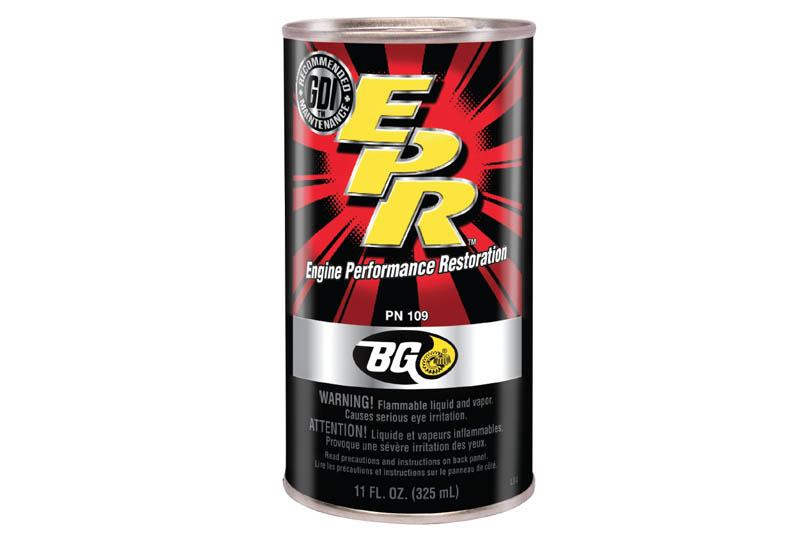
Paul Dobbyn, of Powerflow Limited, BG Products distributor for Great Britian, shares a comprehensive insight into the importance of engine flushing for diesel particulate filter (DPF), turbo and engine longevity.
“Should or should we not flush engines?” A question that is often debated amongst technicians. BG Products has carried out research into deposit control and has identified that a quality oil flush is essential to restoring performance, protecting turbos and DPFs. This research has been supported by both turbo and DPF manufacturer’s findings.
Let’s start by looking at the challenges that a DPF has in maintaining functionality: original equipment manufacturers, under pressure from fleet operators, demand longer service intervals, which is creating a need for longer oil change intervals and putting extra demands on the oil.
Oil has to deal with heat, pressure, moisture, fuel and soot. Oil circulates freely in most parts of the engine, but a tendency for the oil to get behind the piston ring means this oil is no longer flowing as normal, but actually slowly cooking.

If that oil isn’t removed, it will gradually change from liquid to sludge and then to a hard carbon. This interferes with the ability of the rings to flex and centre, as the piston moves up and down, and this influences both compression and the seal between the combustion chamber and crankcase – “so what?” you may ask.
Vicious circle when piston ring function is jeopardised
First, compression is lost, so, in a diesel engine, combustion is compromised. This produces even more soot to deposit on injectors, DPFs, exhaust gas recirculation valves and into oil to handle.
Secondly, the seal between top and bottom of the engine is compromised, allowing more fuel, moisture and soot into the oil and, critically for diesel engines, evaporated oil up into the combustion chamber. Evaporated oil part combusts, resulting in oil residue and ash deposited into the DPF, which shortens the DPF’s life, as it cannot incinerate ash.
Studies show that in as little as 30,000 miles, half of a DPF’s loading is ash (from combusted oil) and so the life of the DPF is compromised dramatically by ash from the burnt oil.

BG Products demonstrates effectiveness of restoration flush
BG Products’ own research has revealed impressive results on the life of a DPF after using BG EPR (Engine Performance Restoration) Engine Performance Compression Restoration Flush, to restore ring function.
Regeneration cycles were significantly reduced; in one case study, for example, the number of miles needed to complete a regeneration dropped from 16 miles to 10. Furthermore, the number of miles driven between DPF regeneration cycles rose from 121 to 244 miles, thus halving the need for the fuel consuming regenerations and so having a positive effect on consumption.
Tests on a 44,000-mile 2008 Ford car showed major performance improvements. Compression average across the car’s cylinders increased by 2.8%, horsepower improved by an even more striking 7.8% and torque increased by 8.2% following the BG EPR. The improvement was maintained well after the service too, with only a minor deterioration 5,000 miles later.
Debunking the myths
The technicians who fall into the ‘anti-flush’ camp often worry about carbon forming a seal, which, if removed, means that the engine suffers compression loss – this is not well founded.
There may have been some truth in that in the past, or for older vehicles it may be sensible to avoid flushing for other reasons, like moving old, compacted sludge that may interfere with an oil pickup, but not true for modern engines. These have much tighter tolerances than older counterparts; they work better when all components, including injectors, valves, sensors, hydraulic actuators and piston rings, are kept clean – as they were designed to be!
Turbos also benefit from making sure that the oil feed pipes are kept clean, as blockages in that pipe are a major cause of turbo failure.
The conclusion is that using a modern advanced flush, with ring clean technology, is critical to help prolong DPF life in diesel vehicles, plus maintain and restore engine economy and performance, in petrol or diesel vehicles!







